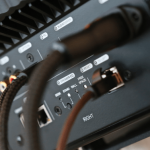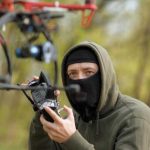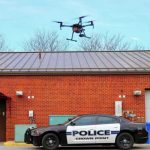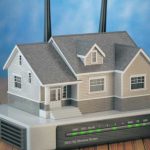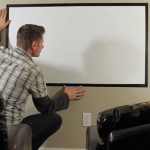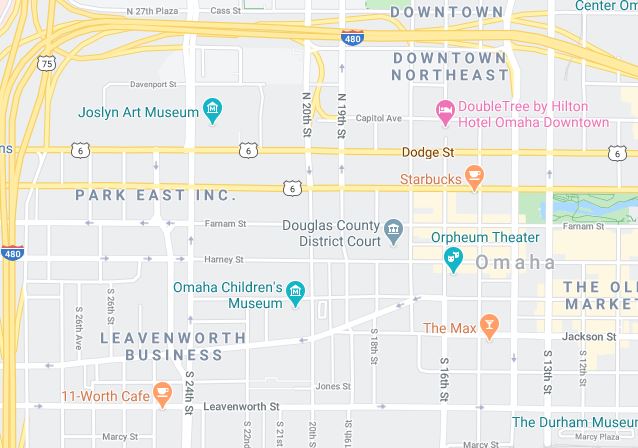Can I shoot a drone hovering over my property?

Drones are small aircraft, typically used for recreational usage. Many people, however, view them as a security and privacy risk as they have been used to carry contraband to inmates and have been floating closely near the White House.
You don’t usually have the right to shoot down a drone flying over my property.
Reactions to drones and awareness of their wider use have prompted some societies to try to pass laws on the matter.
Drone behavior and the right to privacy for individuals are constantly changing. The regulations applicable to drone attacks are based on a set of laws on land, aviation, self-defense and privacy.
The Laws of Land
While the theory of common law holds that property owners owned the land from the soil to the heavens, this principle is essentially no longer valid.
Although the landowner can retain rights to water and minerals found underneath his or her land, he typically owns only a specific amount of space in the sky.
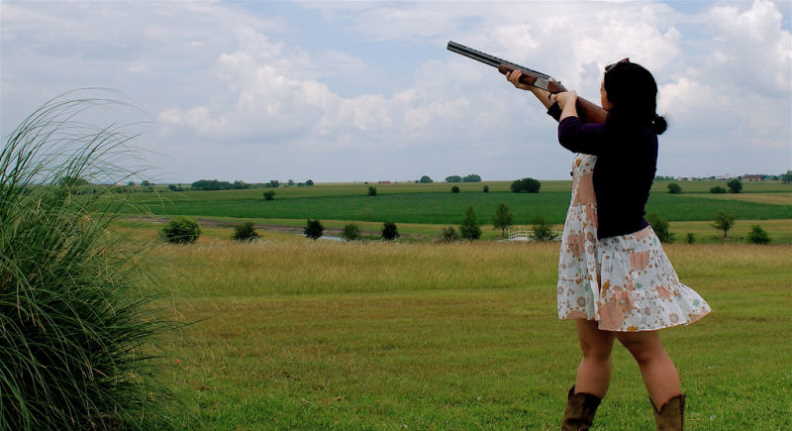
There is a permanent easement over the property line for aircraft, for example. Such privileges continue to stretch well beyond the altitudes to which most drones can fly.
Trespass occurs at common law when a person knowingly enters another person’s property without his or her permission.
It is considered to infringe the lawful right of the property owner to enjoy the benefits of owning the property. Infringement may occur when a person steps on the ground.
However, an unwanted item, such as an errant baseball or an unworked vehicle, can also occur on the property.
Although a drone can legally trespass on your property, that doesn’t give you the right for shooting down drones from your backyard.

Alternatively, filing a lawsuit for trespass is the legal remedy. Such an argument is valid even if your land has not sustained any real damage from the trespass. However, for such slight invasions the award is usually only nominal.
Specific rules exist which require even less intervention if property is covered. With questions of self-defense, it is usually considered whether the answer has outweighed the potential harm.
For drones fitted for cameras and possibly weapons, this area of law may continue to expand to account for increased threats to health.
Similarly, there are laws that apply to ownership of gun and gun shooting. Guns should normally not be fired in urban areas where another person is likely to suffer physical injury.
Fire a gun randomly into the air is illegal in many areas. Criminal mischief and other charges may be brought by firing a gun at a drone.



